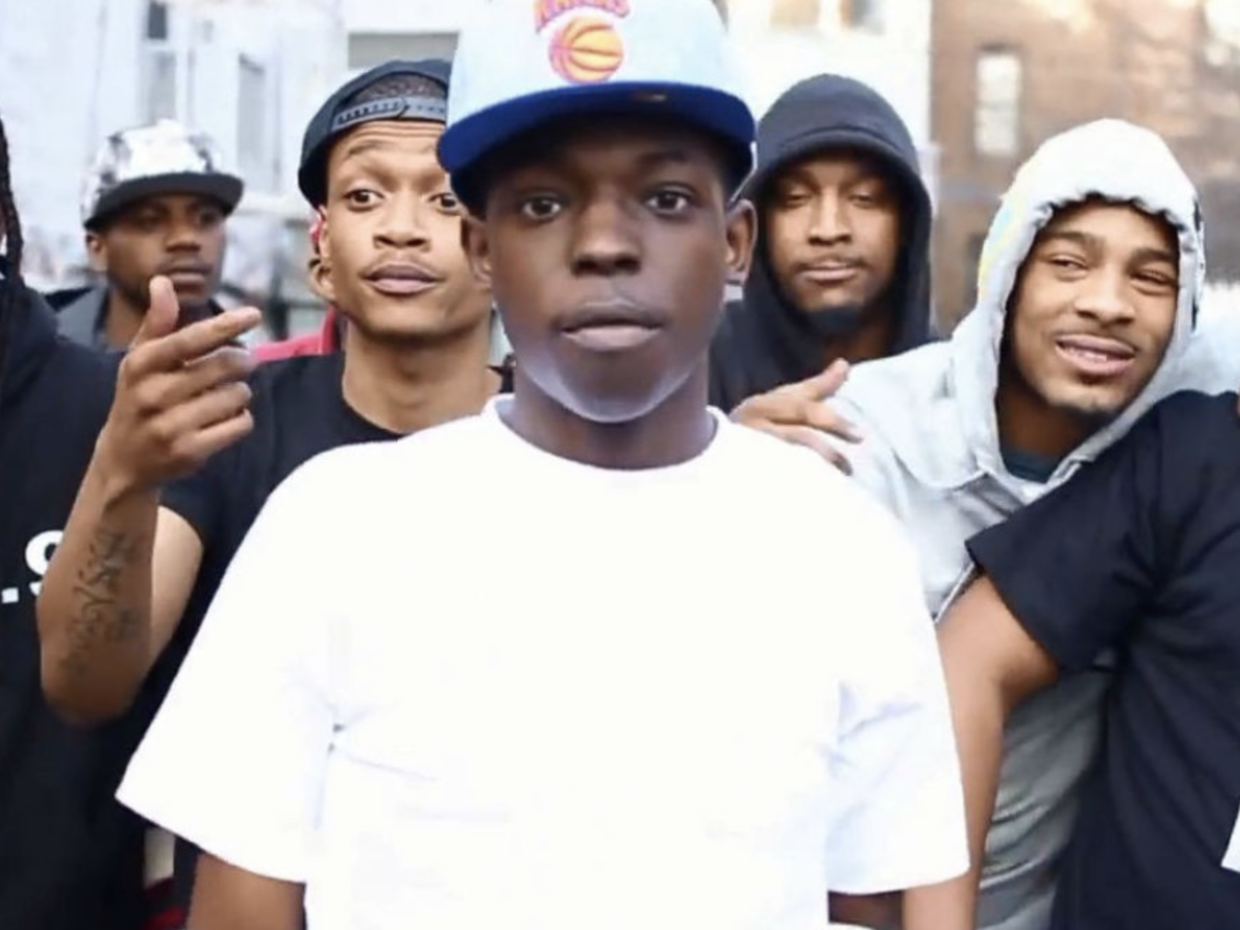By Cornel Dews
Recidivism is a tough motherf##ker. Excuse my language. It’s tough to pronounce. It’s tough to spell. And apparently, it’s tough to avoid. Unfortunately, systemic racism, antiquated laws and the targeting by law enforcement of men of color (just to name a few) seem to work hand and hand making recidivism a bad motherf##ker. Excuse my language again, but that motherf##ker is something. Recidivism is the tendency of a convicted criminal to reoffend; to relapse into a previous condition or mode of criminal behavior. Coming from where I come from, Baltimore City, it’s hard for many males who look like me to escape it. Did I tell you that recidivism is a tough motherf##ker?
More than 10 years ago, I wrote an editorial entitled WWWD? The lettering stood for, What Will Weezy Do? It was right after Lil Wayne was released from New York Prison custody after serving time for gun possession. As a fan, I was concerned. To be honest, at the time, I was concerned more about his reported usage of drugs. You see, just a few years prior, two Hip Hop icons lives were reportedly cut short by narcotics, not long after returning back to society from incarceration. The two legends that I’m referencing are Russell Tyrone Jones and Chad Lamont Butler, professionally known as ODB and Pimp C, respectively. At the time, Weezy was a rock star. He’d went from the self-proclamation that he was the “Greatest Rapper Alive” to being hailed by his musical peers and pundits alike as the “Greatest Rapper Alive.” He also was a strong proponent of sipping lean and smoking the yettameans. I was concerned.
I hoped that he wouldn’t be our next star who would reportedly die. And by the grace of GOD, he didn’t succumb to the ills. But as fate would have it, though it appeared that he’d escape the perils of substance abuse, he wouldn’t completely avoid that unforgiven “r” word. As we all know by now, he was pardoned by Donald Trump, avoiding prison for once again getting caught with a firearm. He was facing a mandatory 10 year sentence. Around the time he was being pardoned, along with fellow Hip Hop star Kodak Black, GS9 compadres Rowdy Rebel and Bobby Shmurda were also due to touch down. Which they did. And they all came home to welcomed fanfare. Bobby Shmurda was the last of the referenced artists to come home. And for some reason, when I watched all of the videos of Bobby Shmurda after his release from prison, I thought to myself, “what’s next for him?” What’s next for them? What will Kodak do? What will Rowdy do? What will Shmurda do?
Something that brought delight to my heart when watching online television: Welcome Home Bobby Shmurda video was an exchange that Bobby appeared to have with fellow rapper Meek Mill on Facetime. I heard him say, “This time around, I felt bad, I felt ashamed this time because of the kids. I didn’t want them to see me like that.” To me, that speaks of maturity and enlightenment obtained during his incarceration. An acknowledgment that he is a man that our youth look up to and are influenced by. He’s a role model. He’s a role model to our children. He, along with his rap peers, are who today’s youth are influenced and inspired by. As I stated, Bobby Shmurda was conversing with a peer of his who has had his well publicized bout with the criminal justice system. A system that saw fit to place him on so much probation for a questionable crime committed as a teenager, that “unlawfully” popping a wheelie on a dirtbike netted him a two to four year prison sentence. In the same state where fellow Pennsylvanian Wallo267 is on probation until 2048, after serving a 20 year sentence. I don’t mean to digress, but gotdamn, how many comrades does that bad motherf##ker recidivism have? They make it damn near impossible to avoid her. Free Wallo267.
In all actuality, I really do hope all of the recently freed and pardoned rap stars remain home. Prayerfully, they’ll see the responsibility that they have to their community. And use their voices to make more than music. Welcome home gentlemen. And, f##k recidivism.
